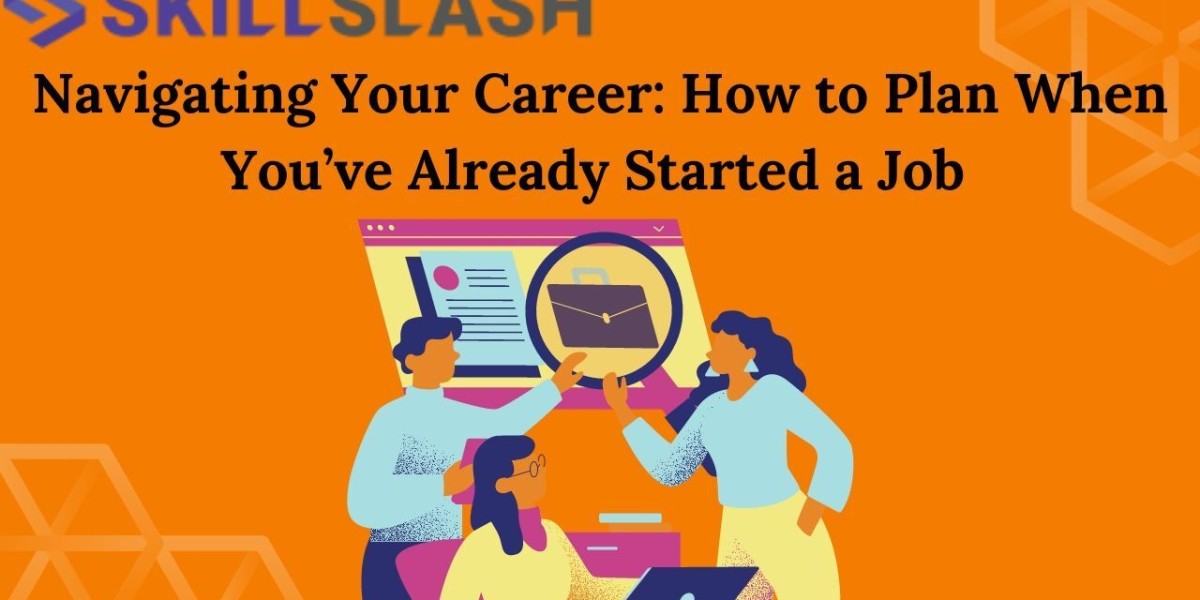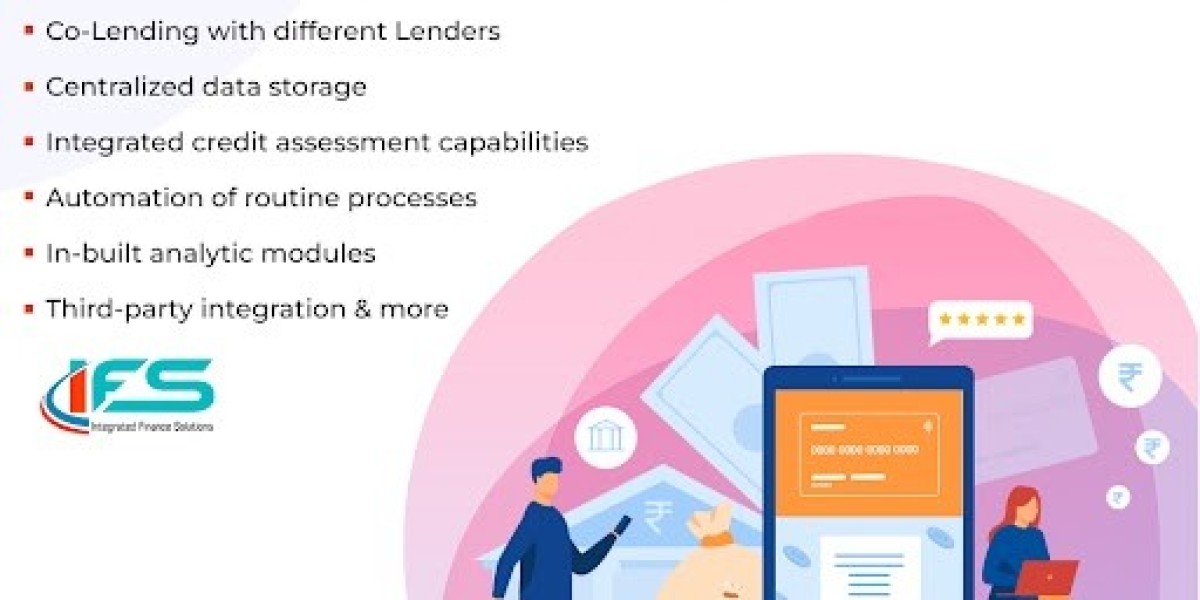Navigating a successful career can be like sailing on a vast and sometimes unpredictable ocean. While the journey can be exciting and full of promise, it is rarely a linear one. Many people find themselves in the middle of a job and have already established a course of action, only to find that the goal they once had in mind no longer resonates with their true ambitions.
If this is the case for you, don’t worry - it is never too late to re-evaluate, re-think, and direct your career in a direction that aligns with your true aspirations.
Career planning isn’t just a once-in-a-lifetime thing: it’s a constantly evolving process that needs to be thought through, flexible, and strategic. Whether you’re just starting out in the job market or you’re an experienced professional rethinking your career, understanding and using strategic planning can have a big impact on your career.
The key to successful career planning is to remember that your career isn't just a job - it's a way of discovering yourself, growing, and achieving success. It's about making sure your skills, passions, and values match your professional goals.
This article will cover everything you need to know to get started on your career planning journey - from self-evaluating and networking to learning new skills and adapting to changes. So if you want to take control of your career and make it your own, let's get started!
Self-Assessment
(the cornerstone of career planning)
Whether you’re just beginning your career journey or you’ve been with your current employer for years, self-evaluation is an essential part of your career planning journey. It is the foundation upon which you build a fulfilling and meaningful career.
Here, we’ll explore the importance of self-evaluation and how it helps make informed career choices: -
- Understanding your strengths and weaknesses
What Are Your Strengths and Weaknesses?
Strengths are the qualities and skills that make you unique, and weaknesses are areas where you need to improve. Understanding your strengths and weaknesses can help you identify the roles and industries you’ll excel in. Self-awareness is one of the most powerful tools for personal and professional development.
- Define your interests
Think about the aspects of your current job that genuinely engage and inspire you. What tasks or projects ignite your passion? Your interests provide valuable clues to what you might enjoy in the long term. Identifying and aligning your interests with your career goals can lead to greater job satisfaction and fulfillment.
- Setting goals and priorities
Set clear and measurable goals. These goals can be short term or long term, and they serve as a compass to guide you along your career journey. When you set clear goals, you’re more likely to act on them.
What are your core values?
They include things like work and life balance, ethical values, company culture, and your general life priorities. When you know your values, you can make career decisions that reflect who you are and contribute to a more genuine and rewarding professional life.
It is important to remember that self-improvement is not just a one-time thing; it’s a continuous process. Don’t forget to check in with yourself on a regular basis and make changes as you learn more about yourself and your career.
By understanding who you are and what you want, you’ll be better equipped to navigate your career, even if you’ve already started a job.
Networking Strategies for Career Advancement
- Cultivate Authentic Relationships
Networking isn’t about making deals, it’s about building relationships. Join conversations, lend a hand when you can and show your gratitude for the tips and advice you get.
- Attend Industry Events
Industry Conferences, Seminars, and Workshops are great opportunities to connect with people who share similar interests.
- Leverage Social Media
Online platforms like Linkedin offer opportunities to connect with professionals in your field. Share your thoughts, insights, and experiences, and join relevant groups or forums to engage in discussions.
- Seek Out Mentorship
Identify individuals in your network who have achieved the goals you aspire to reach. Approach them for mentorship and advice, and be receptive to their guidance.
Networking is an ongoing process, not a one-time event. It requires effort, patience, and a genuine interest in building and maintaining relationships. By actively cultivating your network, you can create a powerful support system that will help you make informed decisions, reach your career goals, and navigate the ever-changing professional landscape, even when you're already on your career journey.
Skill Development
To advance your career, you may need to acquire new skills or refine existing ones:
- Assess Skill Gaps: Identify the skills you need to reach your career goals and prioritize them.
- Training and Education: Consider enrolling in courses, workshops, or online programs to gain the necessary skills and certifications.
- On-the-Job Learning: Seek opportunities for skill development within your current role, such as taking on new projects or responsibilities.
Evaluate Your Current Job
Take a look at your current role and how it fits into your career objectives:
Job satisfaction: What do you enjoy about your current role and what do you find unsatisfactory?
Performance reviews: Use your performance reviews as a chance to talk to your manager about your career goals and opportunities for advancement.
Transferable skills: Find out what skills and experience you can transfer into future roles.
Explore New Opportunities
If you're not sure if your current job is the right fit for you or what you want to do in the long run, it's time to start looking for a new job. Make sure you're actively searching for a position that better fits your goals and interests.
Also, think about if the company culture matches your values and priorities - if it doesn't, look for a company that does. Finally, don't be afraid to take on new challenges and career changes - your goals and interests can change over time.
Set Realistic Timelines
Because career planning is an ongoing process, it’s important to set realistic goals for yourself:
- Set short-term goals: For example, you may want to achieve a certification or take on a new project within the next six to 12 months.
- Set medium-term goals: You may want to aim for a promotion or a new role within one to five years.
- Set long-term goals: Reach a senior management role or start your own business within the next 10 to 20 years.
In Conclusion,
It is important to recognize that planning a career while already employed can be both difficult and gratifying. As discussed here, the key success lies in the processes of- self-evaluation, strategic networking, ongoing professional growth, and a clear understanding of one’s career path. These steps enable individuals to take control of their professional destiny and move closer to their long-term goals.
It is important to keep in mind that one’s career is a constantly evolving process. It is essential to be flexile, adaptable, and open to changes, as setbacks and unexpected opportunities can be beneficial in advancing one’s career. It is never too late to take steps and remain committed to one’s goals, allowing one to turn their current job into a springboard for a brighter, more hopeful future.



